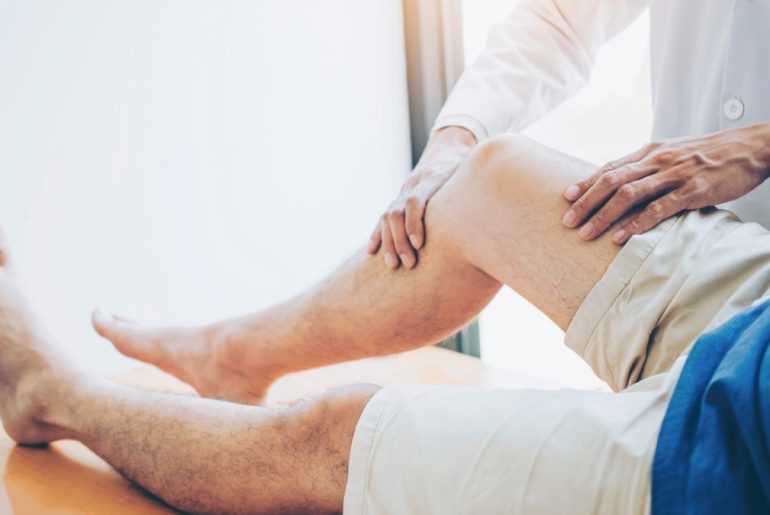Your veins are the highways of your body, carrying life-giving blood to every organ and tissue. It’s essential to keep them functioning at their best to feel your best. This is why in St. Louis, Missouri, people lead the proper lifestyles to support their healthy vascular systems. A venous insufficiency St. Louis specialists will offer help with the treatment and lead to the best lifestyle.
Eat Lots of Fiber
Fiber is essential for good vein health. It helps to keep our blood flowing smoothly and prevents the buildup of harmful cholesterol in our veins. Aim for at least 25 grams of fiber per day. Good sources of fiber include fruits, vegetables, whole grains, and legumes. You can also consider oatmeal.
Stay Hydrated
Adequate water in the body is crucial for healthy veins. When dehydrated, our blood becomes thicker and slower-moving, leading to vein congestion and varicose veins. Aim to drink eight glasses of water per day. You may need even more if you live in a hot climate or exercise regularly.
The more hydrated you are, the thinner your blood will be, which will help keep your veins functioning correctly. Drink plenty of fluids throughout the day to ensure that you’re well-hydrated.
Avoid a Sedentary Life
Veins rely on movement to keep blood flowing properly. When we sit or stand for long periods, blood can pool in our veins and cause congestion. To keep your veins healthy, it’s essential to move around frequently. Every 20 minutes or so, take a brief walk or do some simple stretching exercises. This will help keep your blood flowing and prevent vein congestion.
Wear Compression Stockings
If you have a job that requires you to stand for long periods, or if you have varicose veins, these stockings can help. These special stockings apply gentle pressure to your legs, which helps to keep blood from pooling in your veins.
They keep your blood flowing back up to your heart. That’s why compression stockings are often recommended for people who stand for long periods or have varicose veins. They’re available without a prescription and can be found at most pharmacies.
Go for the Right Footwear
High heels may look stylish, but they’re not suitable for your veins. When you wear high heels, your calf muscles don’t work as effectively, leading to vein congestion. If you must wear heels, try to limit them to two inches or less. And make sure to take breaks often to give your veins a chance to recover.
Maintain a Healthy Weight
Excess weight puts extra strain on your veins, leading to vein problems like varicose veins. If you’re carrying around extra pounds, losing even a few can make a big difference for your veins. Eating a healthy diet and exercising regularly can help you reach and maintain a healthy weight.
Weight loss supplements can be beneficial for those looking to lose weight, as they can help boost metabolism and burn fat. However, it’s essential to consult a doctor before taking any supplements, as some can be dangerous when taken in large doses. Many different weight loss supplements are available, so it’s crucial to find the right one for you.
In conclusion, there are several things you can do to keep your veins healthy. Eating a nutritious diet, staying hydrated, and keeping active are all important. Besides, wearing compression stockings and avoiding high heels can also help. And last but not least, maintaining a healthy weight is crucial for vein health.

